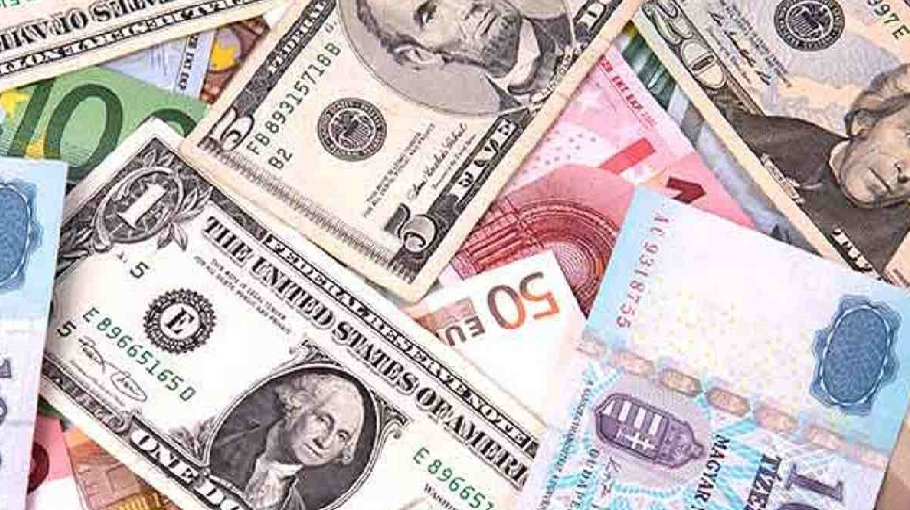Remittance continues rising

Remittance flows have continued an upward trend and stood at $1.31 billion during the first 20 days in January.
After two consecutive months of heavy decline, the remittance returned to positive trend last November and continued the trend in December, the month of victory.
Remittance witnessed a rising trend and crossed $10 billion during the July-December period.
According to the data of Bangladesh Bank, in the first six months of the current fiscal year 2022-23, expatriates have sent about $10.42 billion.
Remittance from expatriates, one of the main sources of foreign exchange reserves, has started to increase again after various measures taken by Bangladesh Bank, including tough steps against illegal hundi money transferring business.
In January 2023, expatriates sent an average of $65.50 million every day.
In December, expatriates sent around $1.7 billion after various measures to increase expatriate income in banking channels. As part of its move, on an average around $56.66 million came every day in December.
Last November, expatriates sent $1594.70 million. An average of $53.10 million came every day. In the previous two months, October and September, $49.20million and $51.30 million respectively came daily.
In the first two months of the current fiscal year 2022-23, in July and August, remittances came to the country in the amount of about $70 million per day.
Remittances stood at $2.09 billion in July, $2.04 billion in August, $1.54 billion in September and $1.52 billion in October in the current fiscal year 2022-23.
Economists and bankers said remittances returned to a positive trend in November, after declining for two consecutive months, due to various measures taken by the central bank.
As the trend turned more positive in December, relief began to return, they said, suggesting that the Central Bank should take tougher steps to ban hundi to increase remittances through legal channels.
Bangladesh Bank officials hope that the amount of remittances will reach $2 billion in the month of January like July and August this year. However, a continued decline in remittance flows from expatriates increased in November.
Bangladesh received record $2.10 billion remittances in July, the first month of the fiscal year 2022-23, due to Eid-ul-Azha festival when expatriate Bangladeshis usually send home more money than any other time.
The figure is the highest in 14 months and 12 percent higher than the $1.87 billion remittance the country received in the same month of the previous FY.
The country received $22.07 billion in remittances in 2021, which was higher than any other year in the history of Bangladesh. This inflow was $21.78 billion in 2020 and $18.33 billion in 2019.
However, Bangladesh hit a record growth in the export of manpower despite various obstacles including the Russia-Ukraine war.
The Bureau of Manpower Employment and Training (BMET) has released data on manpower exports for the year 2022.
Last year, a total of 11,35,873 people went to different countries for work.
Dr Ahsan H Mansur, Executive Director of Policy Research Institute of Bangladesh (PRI), said, “The positive flow of remittances can never be sustained with incentives. To stop the hundi, the government first increased cash incentive to 2 percent, then it increased to 2.5 percent. But transactions through hundi are not closing, but rather rising. What needs to be done here is to stabilize the dollar market. The difference between curb market and bank dollar prices should be reduced. As long as this difference is more, hundi will not be closed.”




